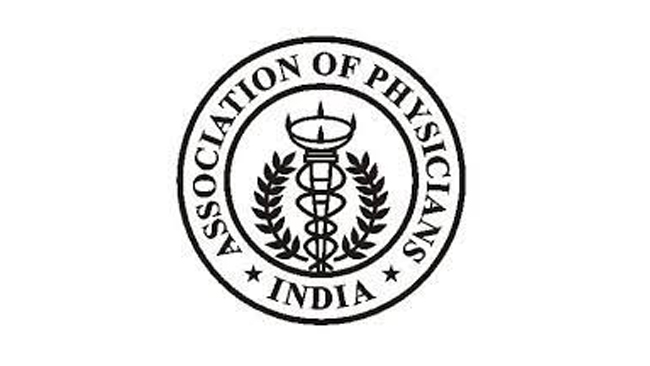
Jaipur, April, 2021.
The Association of Physicians of India (API) has released the first ever adult immunization recommendations for India, in partnership with Abbott. This comprehensive set of recommendations, put forward by a panel of healthcare experts, provides robust, evidence-based information to support physicians in recommending adult vaccination against typhoid, influenza and a range of other diseases. These recommendations meet an urgent need to equip physicians with data on vaccines, including dosage, indications, delivery frequency and administration, so physicians can drive greater coverage of adult vaccination across India.
Vaccine-preventable diseases (VPDs) in India such as influenza, Hepatitis A and B, typhoid fever and more have undergone a discernible shift in the nature of prevalence, affected age groups and the susceptibility of infectious diseases. Influenza, for instance, is a highly prevalent respiratory disease and seasonal influenza cases in Rajasthan have significantly increased from 343 in 2012 to 5,092 in 2019. Similarly, in 2016, India reported 6.6 million typhoid cases (499 cases per 1,00,000 population), with 44% of mortality occurring in persons more than 15 years of age. In Rajasthan, there were 87,751 cases in 2018, contributing 3.80% to India’s total burden.
Factors such as rapid globalization and increased frequency of international travel contribute to the rising likelihood of adults contracting VPDs. These diseases can also exacerbate existing comorbidities and are associated with high morbidity and mortality.
While vaccinations remain the most effective prevention strategy to maintain immunity for a prolonged period, adult immunization remains neglected. Inadequate awareness, lack of an established body of official recommendations and vaccine hesitancy contribute to reduced vaccine coverage across the Indian adult population.
The adult immunization recommendations introduced by the API will enable healthcare practitioners to effectively make informed decisions regarding adult vaccines. They explain the role of vaccines as a crucial preventive strategy and health management tool for adults. They encompass information on the causes, symptoms and associated complications of VPDs, including influenza, typhoid, Japanese encephalitis and hepatitis A & B amongst other diseases, and provide clinical data on various available adult vaccines. This data includes indications, dosage, frequency, schedules and catch-up vaccination timelines. The recommendations also highlight the increased need for vaccines amongst specific at-risk populations, including people with comorbidities, healthcare providers, frequent travelers, geriatrics and pregnant women.
Commenting on the recommendations, Padma Bhushan Prof. Nirmal Kumar Ganguly, Former Director General, Indian Council of Medical Research (ICMR), New Delhi, stated, “There is potential to increase adult immunization coverage in India. To develop these evidence-based recommendations, we convened a panel of healthcare experts across specialty practices, ranging from cardiology, Pulmonology, Gynecology to Nephrology. The result is a comprehensive body of knowledge outlining best practices and reliable information on adult immunization in India. Through these recommendations, we hope to drive a paradigm shift to ensure adult vaccinations are increasingly suggested and adopted.”
Highlighting the role
the recommendations can play in improving health outcomes, Dr. Srirupa Das,
Medical Director, Abbott India said, “While vaccinations prevent infectious
diseases, prolong and improve quality of life, emphasis on adult immunization
is pretty low. These recommendations will help increase the awareness and equip
healthcare practitioners with evidence-based information to guide vaccine
recommendation and administration. At Abbott, we aim to continue raising
awareness to protect people from vaccine-preventable diseases, so they can live
fuller and healthier lives.”